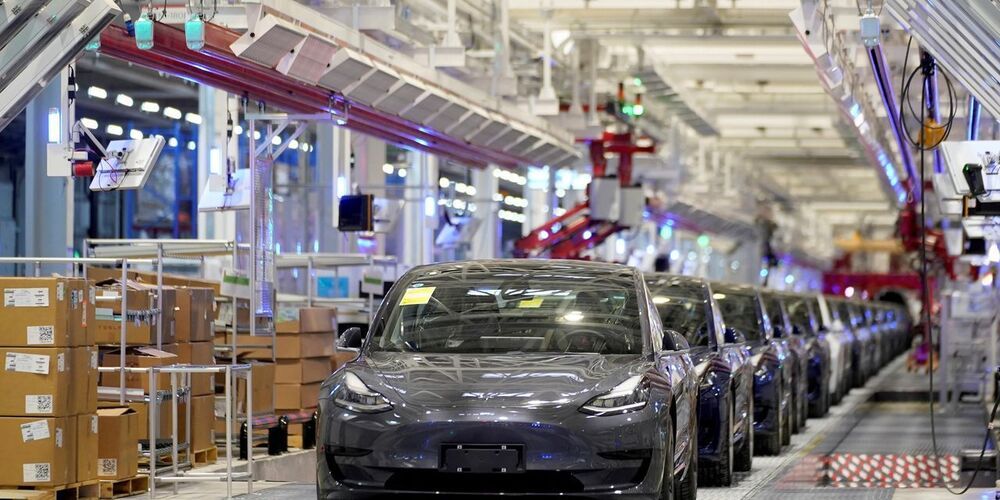We could soon see a SpaceX’s Starship SN8 prototype lift off 50,000 feet (ft) above Boca Chica Beach in South Texas! The launch will be the company’s first higher altitude test flight performed by a stainless-steel prototype of the Starship spacecraft SpaceX is developing to colonize Mars. –“I think the most important thing is to create a self-sustaining city on Mars,” the founder of SpaceX Elon Musk says, “That’s, I think, the critical thing for maximizing the life of humanity; how long will civilization last.” Musk hopes the vehicle could one day launch hundreds of astronauts to build the first settlement on the Red Planet. SpaceX is working on an ambitious schedule to make life multiplanetary in our lifetime. The company targets to launch a Starship with cargo to the Martian surface by 2022, followed by the first crewed mission in 2024. “I think we have a fighting chance of making that second Mars transfer window,” Musk said, in reference to the launch opportunity that arises every 26 months when Mars and Earth’s orbit align closer to each other to enable a shorter-duration voyage. He said that if it the orbital alignments that enable voyages to Mars every 26 months were not needed, SpaceX “would maybe have a shot of sending or trying send something to Mars in three years. […] But the window is four years away, because of them [planets] being in different parts of the solar system,” he stated during the Humans To Mars conference in August.
Believing in a dream pic.twitter.com/kicgiwFYDc — Austin Barnard🚀 (@austinbarnard45) November 28, 2020
Musk plans to convert Boca Chica into a spaceport, the “Gateway to Mars.” SpaceX teams are simultaneously building multiple Starship prototypes and rapidly expanding the launch facility. Today, Musk shared the Starship SN8 prototype could take flight as soon as Wednesday, December 2nd. Tomorrow, engineers will perform a static-fire test, to assess Starship SN8’s triple Raptor engines performance. During the routine pre-flight preparation, they will briefly ignite the Raptors while the vehicle is grounded to a test stand at the launch pad. When asked if he was ‘nervous about people watching from the build site’ due to the engines’ high thrust, Musk said – “Static fire is not risky from build site, but we need to clear the build site for early flights,” he wrote via Twitter. The static-fire test could take place on Monday, November 30, sometime between 7:00 a.m. to 6:00 p.m. CST, according to Cameron County Boca Chica Beach road closure announcements.








